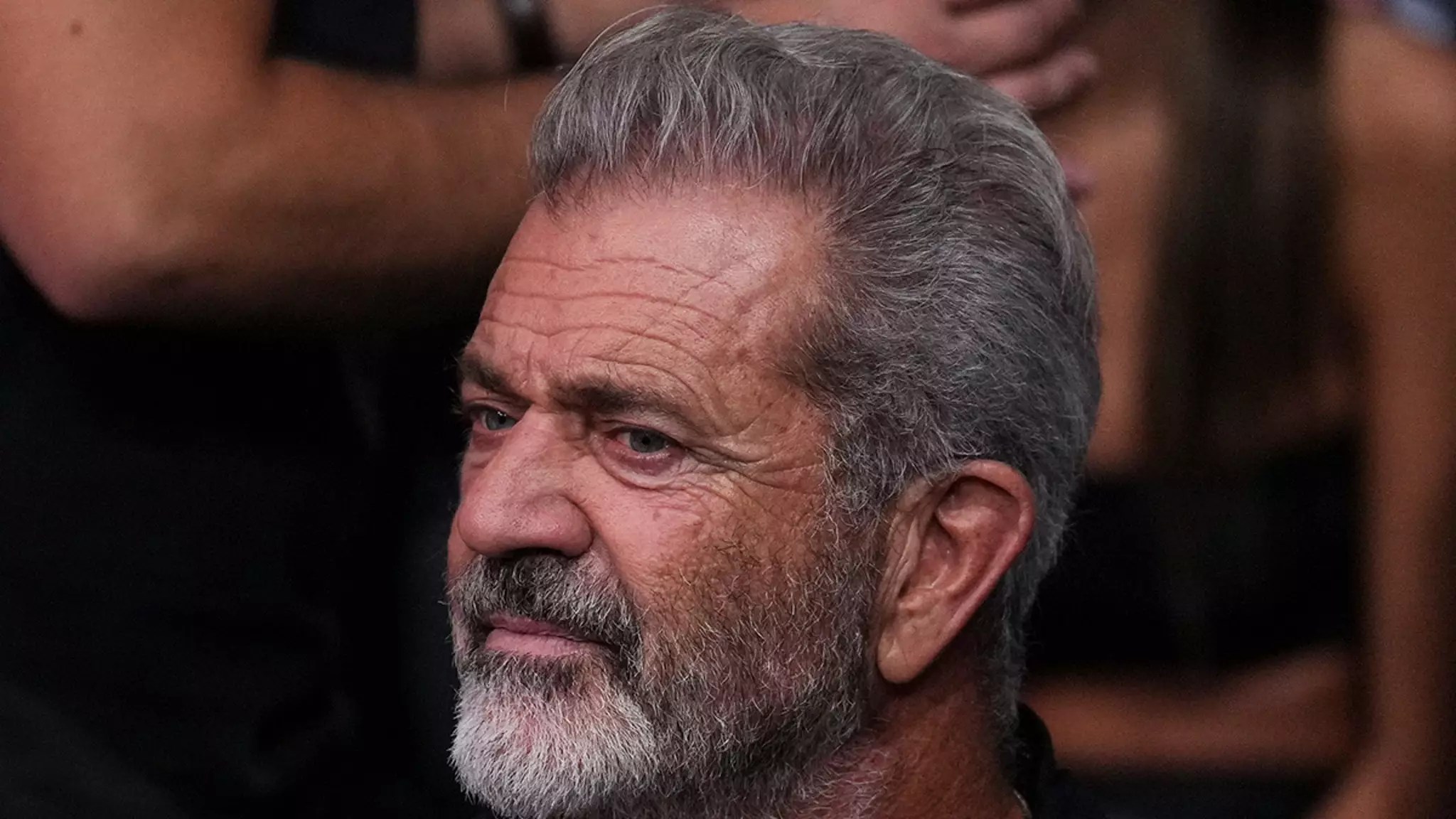In a recent turn of events that has ignited substantial debate, Mel Gibson, the once-controversial actor and filmmaker, has regained his right to own firearms. This decision comes despite Gibson’s prior legal troubles, including pleading no contest to a battery charge in 2011. The implications of this case stretch far beyond Gibson himself, exposing the intricate and often contentious relationships between celebrity, legal justice, and political influence.
Political Dynamics at Play
Gibson’s restored rights are reportedly tied to his connections within the Trump administration. According to various sources, including the New York Times, the Justice Department, under Trump’s aegis, has made a significant decision to greenlight the restoration of gun ownership rights for Gibson alongside a few others with prior convictions. The narrative suggests that Gibson’s political affiliations may have catalyzed the decision, leading critics to argue about the favoritism afforded to celebrities compared to average citizens grappling with similar legal histories.
The internal conflict at the Justice Department is telling. Reports indicate that Elizabeth G. Oyer, the former U.S. pardon attorney, faced repercussions for opposing Gibson’s reentry into the world of firearm ownership. Oyer’s story hints at a troubling trend: the polarization of justice and public endorsements shaping legal outcomes. The decision allegedly came after Oyer was urged to soften her stance, allegedly due to Gibson’s personal ties with President Trump, raising questions about the integrity of legal processes when placed under the microscope of political maneuvering.
The Impact of Celebrity on Justice
This incident invites a broader analysis of how celebrity status can insidiously influence judicial outcomes. Many individuals, particularly those with lesser notoriety, find their criminal records serve as insurmountable barriers to rehabilitation and societal reintegration. The disparity in Gibson’s case compared to the plight of ordinary citizens with similar convictions draws attention to a system that may selectively apply justice based on social capital.
While some might argue that Gibson has served his time and deserves the opportunity for a fresh start, the discourse surrounding his reinstated gun rights starkly contrasts with attitudes faced by many who do not possess the same fame, wealth, or power. This disparity is emblematic of a larger issue in the United States, where the legal system often appears to hold two standards—one for the influential and another for the general populace.
Justice Department’s Integrity Under Scrutiny
The controversy surrounding Gibson’s gun rights restoration leads to a troubling reflection on the integrity of the Justice Department. The firings and public discord signal a potential erosion of impartiality in favor of political allegiance. As a society, we need to interrogate the consequences of a justice system that panders to celebrity culture while potentially disregarding foundational principles of fairness and equal treatment under the law.
The ability for a person to purchase and possess firearms is a significant legal right, rooted deeply in American culture. However, the implications of Gibson’s case prompt us to reflect on what it means to balance this right with accountability and the public trust in our legal institutions. Ultimately, the Gibson case serves as a microcosm of the tensions existing within a justice system that often dances to the rhythms of political and celebrity influence.







Leave a Reply